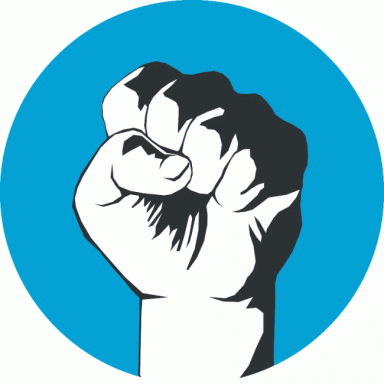
Play to your strengths. It’s common advice, and it makes sense. People go farther by figuring out what naturally comes easy and organizing their activities accordingly, instead of working overtime to compensate for weaknesses. The problem is that when people think about making career moves they often interpret “strengths” in a narrow industry context.
For example, say you’ve spent a decade in finance. You’ve developed serious experience, expertise, and industry connections. If you’re trying to build on your strengths, the right next career move would be to leverage these abilities into some other job in finance.
Yet, you might not like finance. You may not be thriving. Perhaps your calling is elsewhere. But because you want to leverage the soft assets you’ve built up over time, you stick with it. This is how many people end up working the same industry for years on end. In part, they were “building on their strengths.”
In the book, we talk about why evaluating your existing assets–of which strengths are one part–cannot be done in isolation. You should think about them in the context of your aspirations, and in the context of what people will pay for. All these things change over time.
If your aspirations or values are shifting, and you want to pivot to Plan B, better to think about your underlying strengths and focus on the transferable qualities of your most recent experiences. Project management is project management. Relationship building is relationship building. Some expertise is context specific. But not all of it is. Zoom out and think about the more universal characteristics of what you’re good at. Then match that to the market realities.
We feature James Gaines in the book, who pivoted from head honcho at Time Magazine (where he interviewed dozens of heads of state) to running a digital media startup. He saw his strength as “telling good stories”–not being editor of a print magazine. Storytelling was the underlying strength that enabled the pivot out of print journalism.
Bottom Line: You can still build on your strengths even if you are adapting your career into new industries, geographies, networks.



